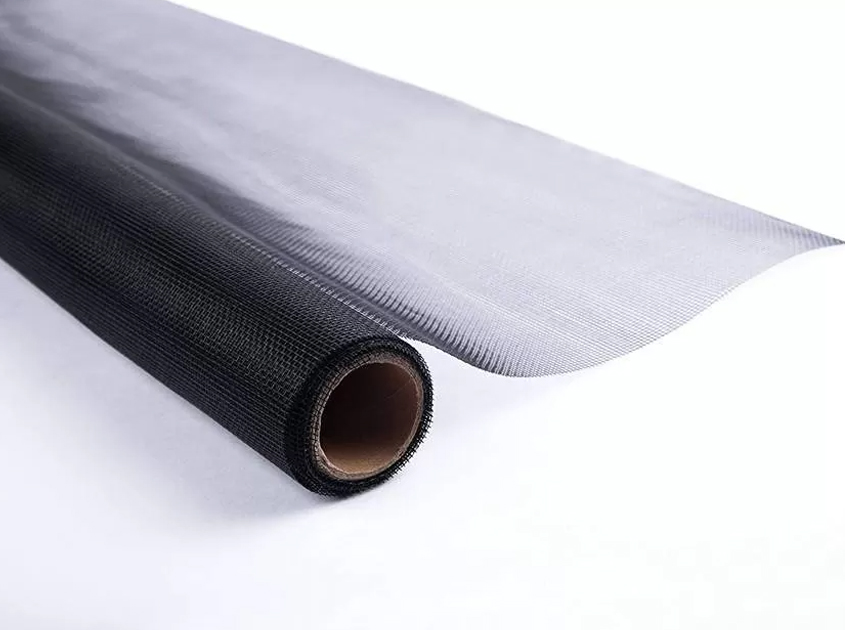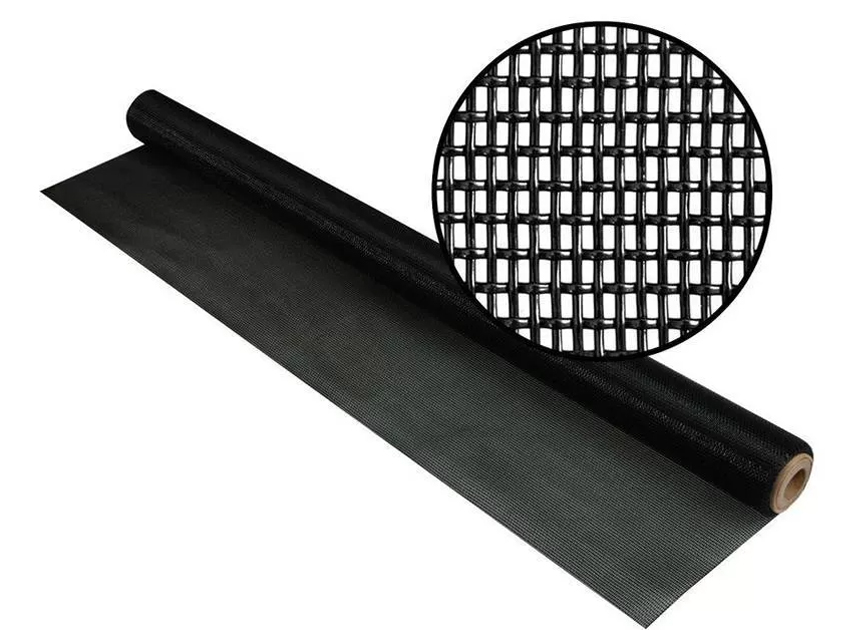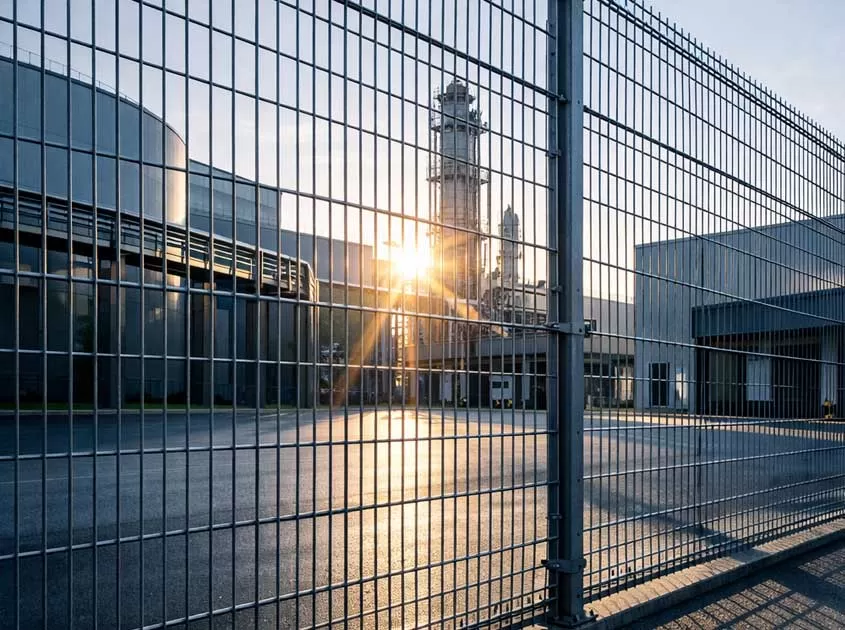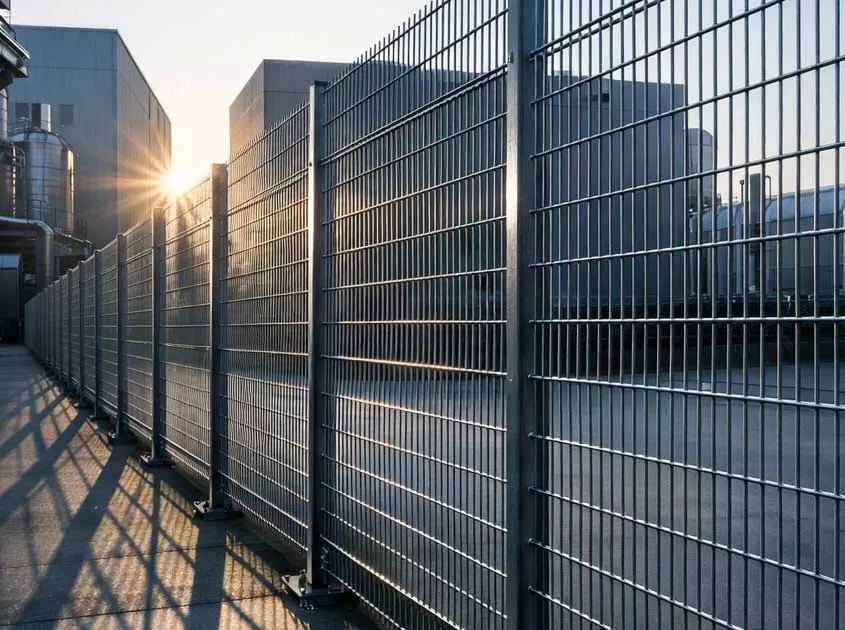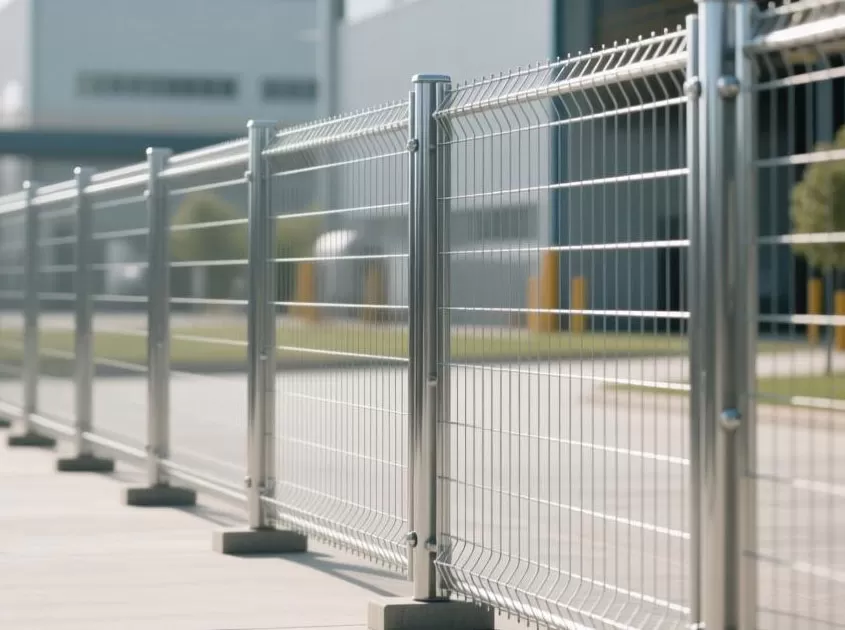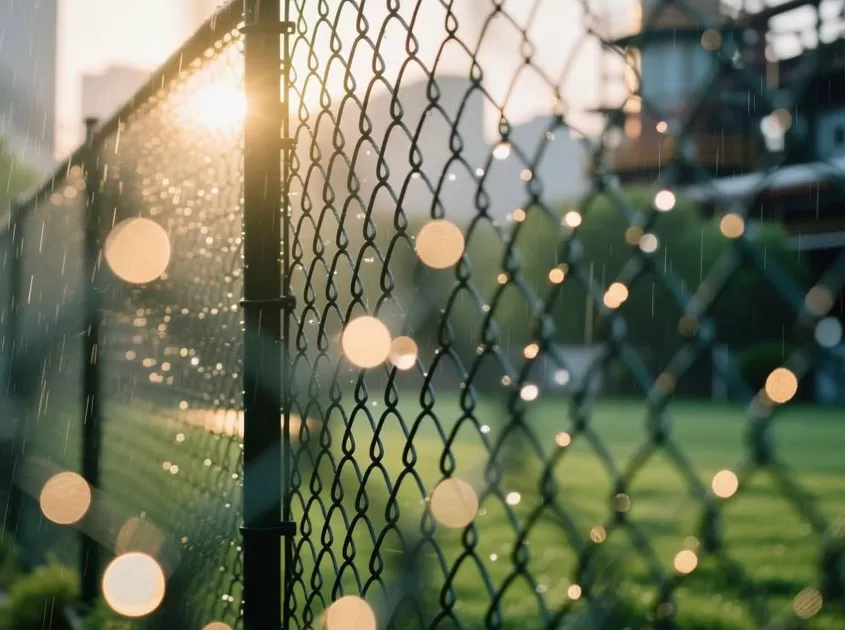Everything You Need to Know About Window Screens
Window screens are essential components of residential and commercial buildings, serving multiple purposes beyond just keeping insects out. Understanding the different types, materials, sizes, and maintenance tips can help you make informed decisions when selecting and caring for window screens.
1. Types of Window Screens:
There are several types of window screens available, including:
Fiberglass Screens: Made from woven fiberglass material, these screens are durable, lightweight, and resistant to rust and corrosion.
Aluminum Screens: Aluminum screens are strong, weather-resistant, and suitable for areas with harsh climates.
Pet-Resistant Screens: These screens are reinforced with a thicker mesh to withstand scratching and damage from pets.
Solar Screens: Solar screens are designed to block UV rays, reduce glare, and improve energy efficiency by minimizing heat gain.
Retractable Screens: Retractable screens can be rolled up or retracted when not in use, providing unobstructed views and ventilation.
2. Materials:
Window screens are typically made from fiberglass, aluminum, or other synthetic materials. Fiberglass screens are the most common due to their affordability, durability, and flexibility. Aluminum screens are more rigid and offer better visibility but may corrode over time in coastal areas.
3. Sizes:
Window screens come in various sizes to fit different window types and dimensions. Standard sizes are available for most window styles, including single-hung, double-hung, casement, sliding, and custom-shaped windows. It's essential to measure the window opening accurately to ensure a proper fit.
4. Installation:
Installing window screens is a relatively simple process that can be done by homeowners or professional installers. Screens are typically held in place by a frame or tracks and secured with clips, screws, or tension springs. Follow manufacturer instructions or seek professional assistance for proper installation.
5. Maintenance:
To maintain window screens and prolong their lifespan, consider the following tips:
Regularly inspect screens for damage, tears, or holes, and repair or replace them as needed.
Clean screens periodically with mild soap and water to remove dust, pollen, and debris.
Avoid using abrasive cleaners or brushes that may damage the screen material.
Trim vegetation and shrubs near windows to prevent branches or leaves from damaging the screens.
Store retractable screens properly during the off-season to prevent damage from weather exposure.
6. Benefits of window screens:
Window screens offer several benefits, including:
Preventing insects, pests, and debris from entering the building while allowing fresh air and natural light to flow in.
Enhancing ventilation and indoor air quality by allowing for cross-ventilation and airflow.
Protecting occupants from harmful UV rays and reducing glare and heat gain through solar screens.
Improving energy efficiency by reducing the need for air conditioning and artificial lighting.
7. Cost:
The cost of window screens varies depending on factors such as size, material, style, and customization options. Standard-size screens are generally more affordable, while custom screens or specialty screens may incur additional costs. Consider your budget and requirements when selecting window screens for your property.
Overall, window screens are essential components of buildings that provide numerous benefits, including ventilation, protection, and energy efficiency. By understanding the different types, materials, sizes, installation methods, maintenance tips, and benefits of window screens, you can make informed decisions and ensure optimal performance and longevity for your windows.
Now with us! Search For Window Screens at https://www.qunkunmetal.com. To see all of our wire mesh options online, click here.
-
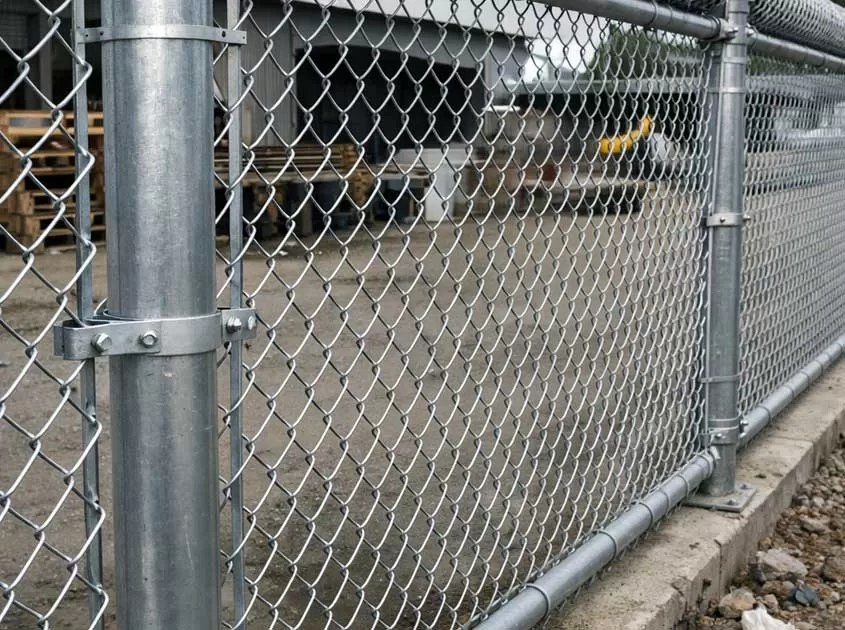 Why Galvanized Wire Mesh Is Popular in South America Jan 26, 2026
Why Galvanized Wire Mesh Is Popular in South America Jan 26, 2026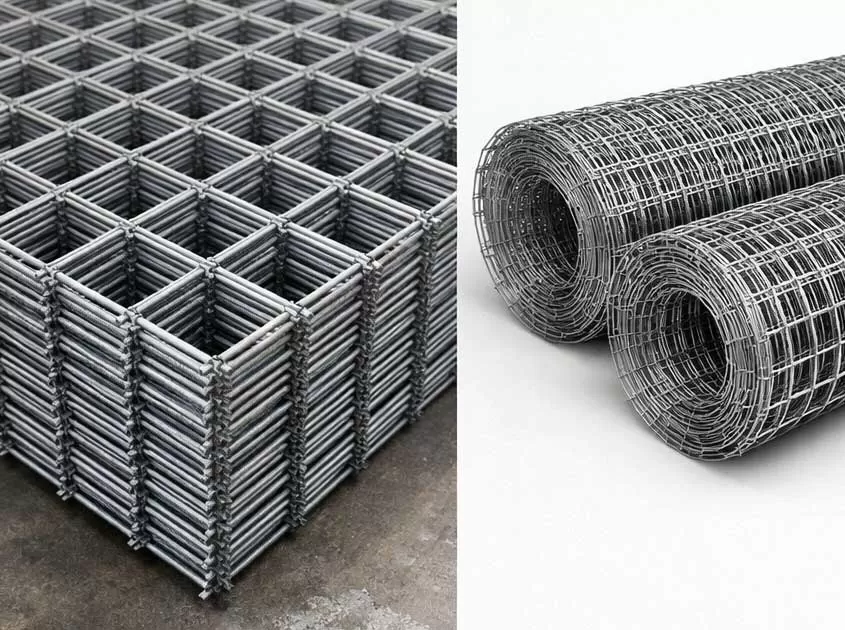 How to Check the Quality of Welded Wire Mesh Jan 16, 2026
How to Check the Quality of Welded Wire Mesh Jan 16, 2026

- Tel.: +86 311 83077076
- E-mail: sales@qunkunmetal.com
- Skype: qunkunsales01
- WhatsApp: 8618032412189
- Add.: No.69 The Filter Industrial Part of Anping, Hebei, China




